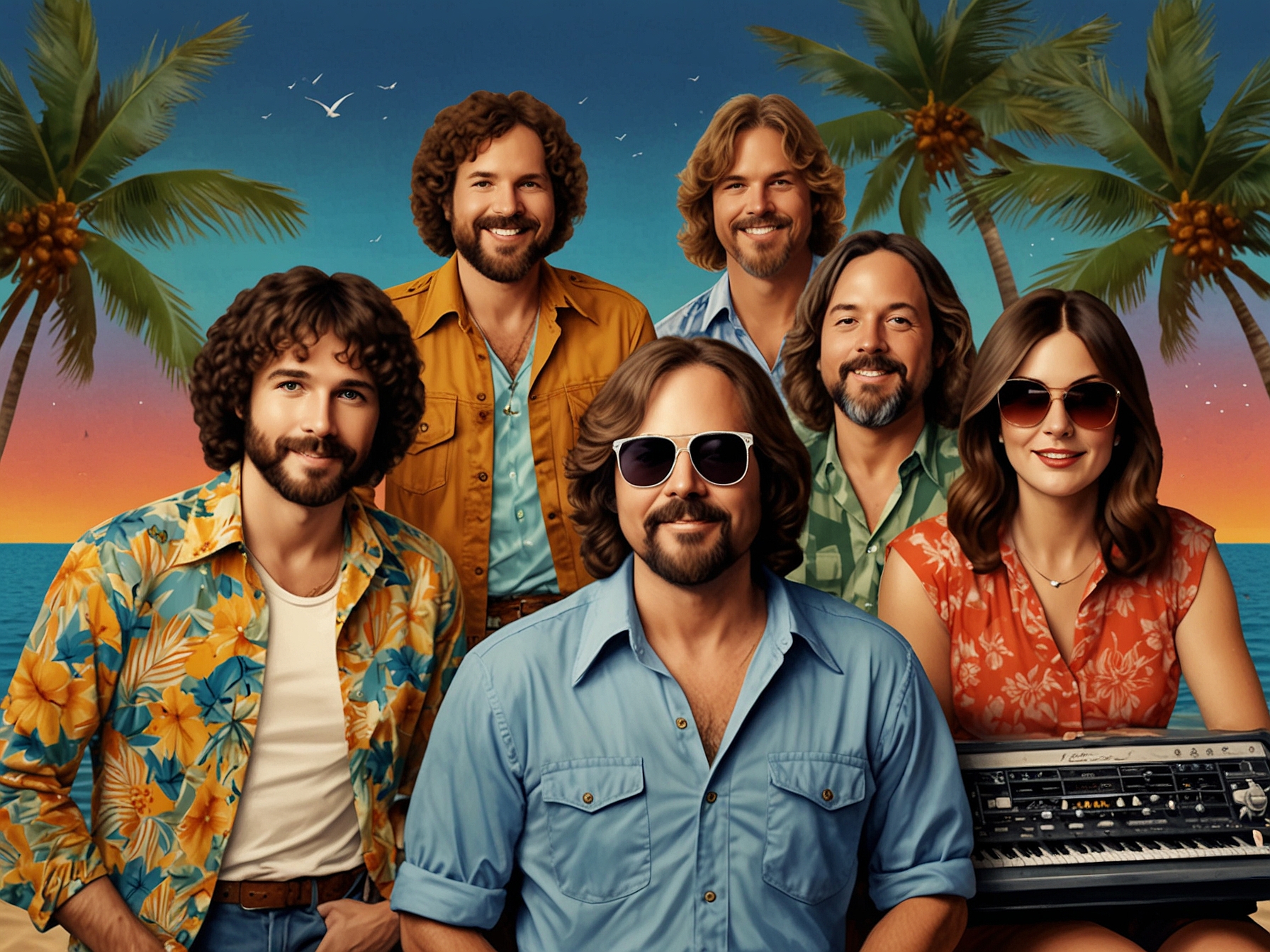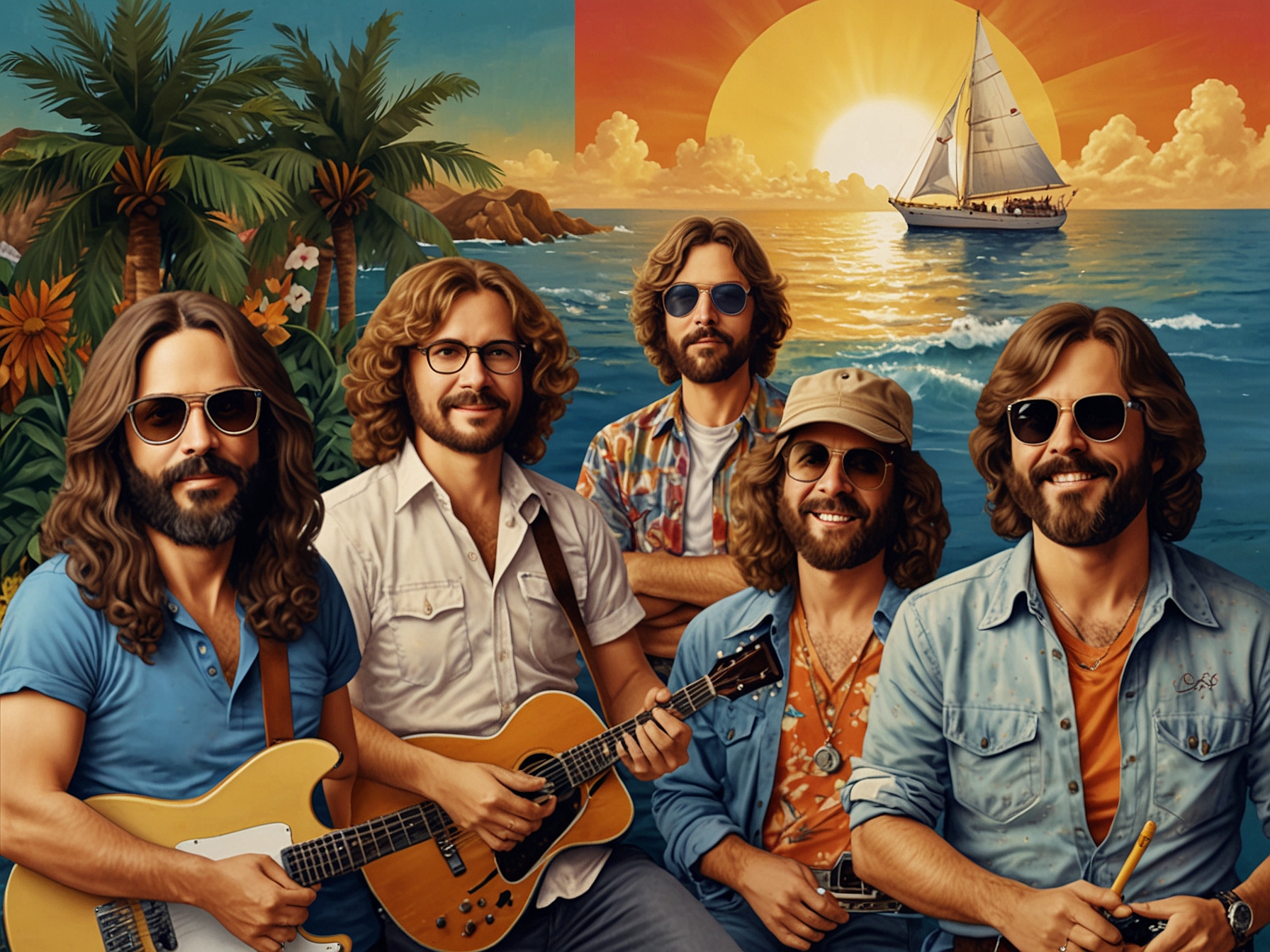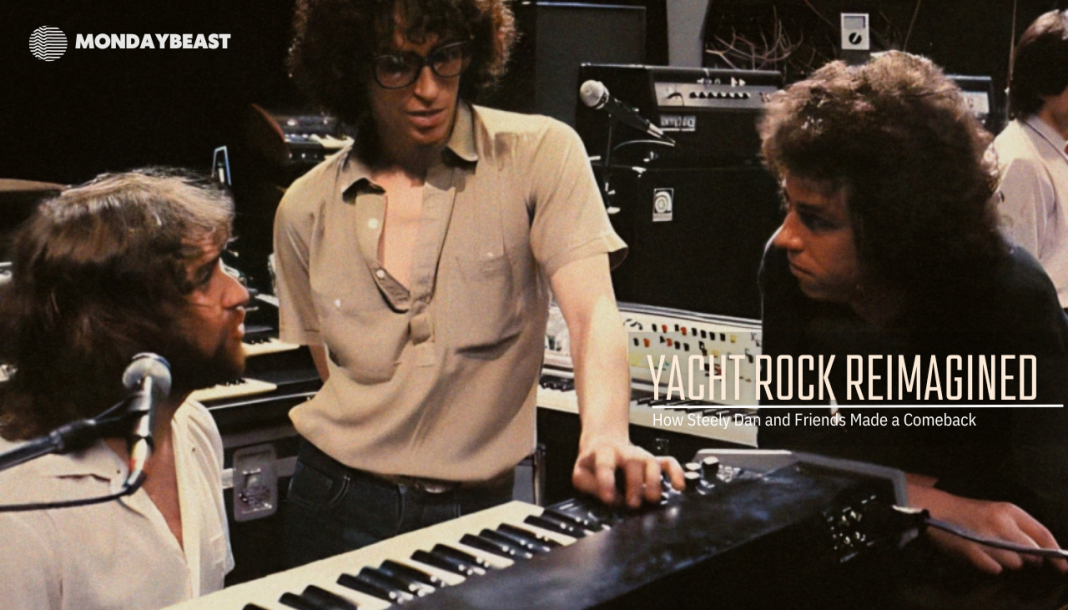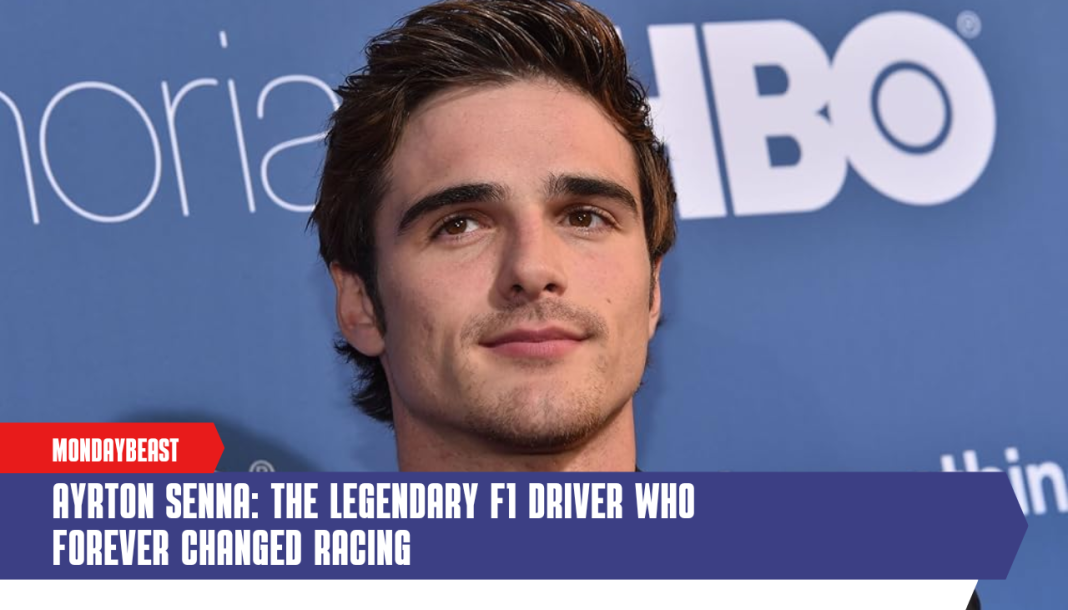Yacht rock isn’t just a genre; it’s a debate. Ask any two music fans what qualifies as yacht rock. They’ll likely diverge quickly.
Does Steely Dan count? That’s an emphatic yes. How about Hall & Oates? Not so fast; they’re too East Coast.

Even in the late 1970s and early ’80s, yacht rock wasn’t a thing. Yet everyone hummed along to the Doobie Brothers, Toto, and Christopher Cross. Cross swept the Grammys in 1980 with his shimmering, timeless ballad ‘Sailing.’ These artists had their moments when smooth melodies ruled the airwaves.
Back then, the Eagles mingled among these hits, blending country with easy listening. But as MTV entered the arena, everything shifted. Tracklists now mingled with flashy music videos, and showcases like “What a Fool Believes” found themselves dumped in the “soft rock” category.
In the wake of this change, many musicians sought different paths. Kenny Loggins adapted by giving us the now-iconic anthem from ‘Top Gun,’ ‘Danger Zone.’ Fast forward more than two decades. In 2005, the irony-laden web series “Yacht Rock” sprung to life.

Comedians J.D. Ryznar and Steve Huey coined the term, blending humor with retro vibes. It vividly depicted iconic musicians laboring over jazzy beats. The aesthetic oozed a lo-fi charm, evoking images of cocaine-fueled yacht parties. Music wasn’t just background; it took center stage, captivating viewers.
Surprisingly, this show triggered a yacht rock renaissance. It gave rise to dedicated Sirius XM stations and tribute bands like Yachtley Crew. Director Garret Price saw this resurgent interest. His film, ‘Yacht Rock: A Dockumentary,’ premieres as part of HBO’s Music Box series.
Previously, he tackled darker themes with “Woodstock ’99.” Now, he opted to explore merrier chapters of music history. Remember your parents’ favorite tunes? They gained a whole new fan base years later.

Price captures a nostalgic yet vibrant view of music. “People celebrate the Eagles and Fleetwood Mac,” he notes. Yet, he adds, “there’s another scene with Michael McDonald, Christopher Cross, and others that lacked recognition.”
Interestingly, Madison Cross, Christopher’s daughter, spurred this idea. She’s tight with Michael McDonald’s daughter. The chance meeting led to a powerful connection. Madison revealed her father’s distaste for the term “yacht rock.” On the flip side, McDonald found it amusing.
Price sought to interview yacht rock’s essential figures to capture their thoughts on this late-blooming label. “I aimed for a musical Mount Rushmore,” he explains. He envisioned Steely Dan, Michael McDonald, Christopher Cross, and Toto atop that monument.
During their initial chat, Cross described the term as ‘kitschy.’ But over time, he found it easy to embrace. “Anything that can bring levity to the world is welcome,” he shared. The general consensus among the musicians? They gracefully accepted the label’s revival.
According to Price, this revival introduced their classic hits to new, younger audiences. Even the notoriously cranky Walter Becker of Steely Dan was initially elusive. After several months, the band’s manager hinted that Becker would eventually call.
His response, when finally asked to participate, was as direct as you’d expect. Fagen didn’t shy away from his curmudgeonly persona. “It was brief, profane, and quintessentially him,” Price recalls with a chuckle.
Interestingly, while Fagen vacillated on camera participation, he allowed the film to use his music. “I think that’s a wink, a knowing gesture,” Price remarks. So, why the fuss over Steely Dan’s yacht rock label? It all boils down to perspective.
Price suggests, “People struggle to lump ‘Sailing’ with ‘Peg.’” The contrast between soft rock and cerebral sounds creates tension. Hidden beneath varied tastes, these bands are all deeply rooted in R&B.
They dip into soul and funk, creating a rich tapestry of sound. Most of all, this magic unfolded in Southern California studios. Here, musicians collaborated with session players who crafted unforgettable tracks.
The influence of these artists endures. Modern musicians, like Questlove and Thundercat, describe how they’ve shaped their own sounds. Incredibly, Thundercat even enlisted McDonald and Loggins for his track, “Show You the Way.”
These innovators blossomed by meshing their musical inspirations with contemporary styles. “It’s fascinating,” Price adds, “to see white musicians leaning into Black music.” These musicians were bridging genres, establishing a new sound that would define pop music.
It’s only fitting that “Yacht Rock” premieres just after Thanksgiving. Families searching for cross-generational entertainment can bond over classic sounds. This documentary offers humor, but also deep reverence for the artists.
In the end, it’s about recognizing a genre that embraced complicated influences. So, what does this say about our musical landscape today? Are we ready to revisit yacht rock?
Join this celebration, and perhaps find new understanding in music’s cyclical nature.




